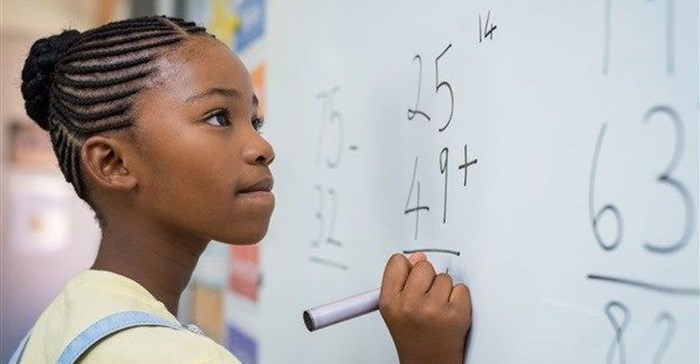Getting the basics right: Building a conducive education system for SA's youth

"Be that as it may, if we are to prepare for a technological future, then today’s educational environment needs to be conducive. Creating a conducive environment goes far beyond dishing out tablets and digital boards at schools. We need to get the basics right first, focus on the holistic development of the child, focus on language and mathematics literacy," says Podetti-Ngono.
Improving the lives of learners and teachers
Some of the country’s schools are in a shameful sight, says Podetti-Ngono. Children still learn in environments with poor infrastructure, lack of water and other vital supplies. These, unfortunately, are South Africa’s immediate needs. Children need proper classrooms, chairs and desks before technology and robotics lessons.
"We ought to focus first on improving the lives of learners and teachers in the immediate future through reshaping the school environments into places of pride and dignity. Teachers are frustrated over the teacher-learner ratio which is often above 1 to 60, this frustration leads to low morale and a lack of connection between learner and educator. These same teachers who are overworked, are often not rewarded for their dedication and drive for academic results.
"Learners are also exhibiting signs of frustration with the education system and acting up through violent acts within school premises. The woes within schools are endless and widely reported, these will not be solved by introducing additional lessons no matter how useful these may be in the future," adds Podetti-Ngono.
Repurposing structures for education
Podetti-Ngono laments the lack of resources to ensure children are safe at schools, the failure to repurpose vacant government structures for education, and increasing administration tasks piled on the laps of teachers, which she believes add to the stripping of the pride and allure of this vocation.
"Government can aspire to catch-up to its global first-world peers with regards to digital education and advances. However, for that to happen we require educators and learners who feel that government actually cares for their intrinsic needs. Not until the most important stakeholders of our education system feel valued by the larger system and country will it be that our desires for the future are manifest in any fruitful and tangible manner.
"It will take more than tablets to fix the ills clouding the country’s education system for future gains. Before coding machines for the fourth industrial revolution, we need to code values into the hearts of the people who can make that revolution a success," says Podetti-Ngono.